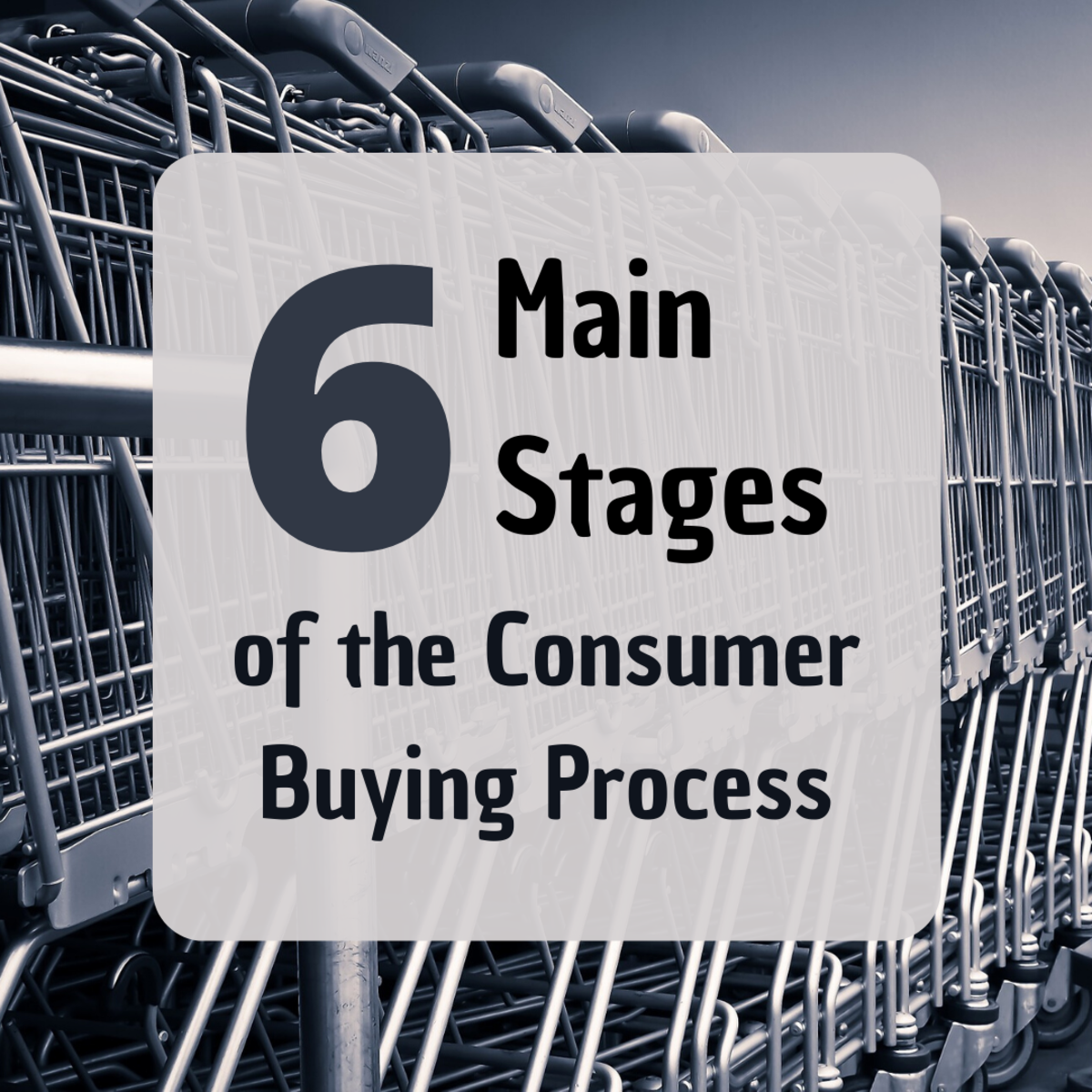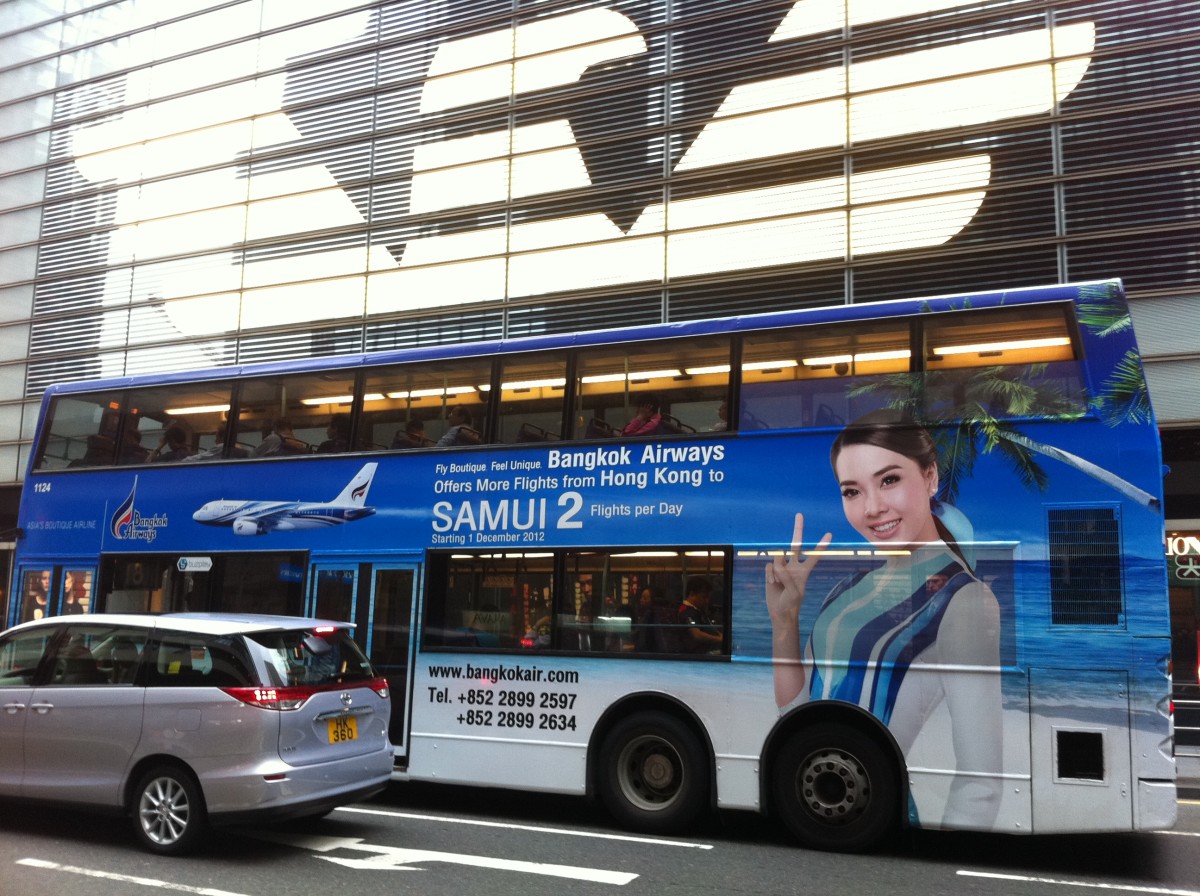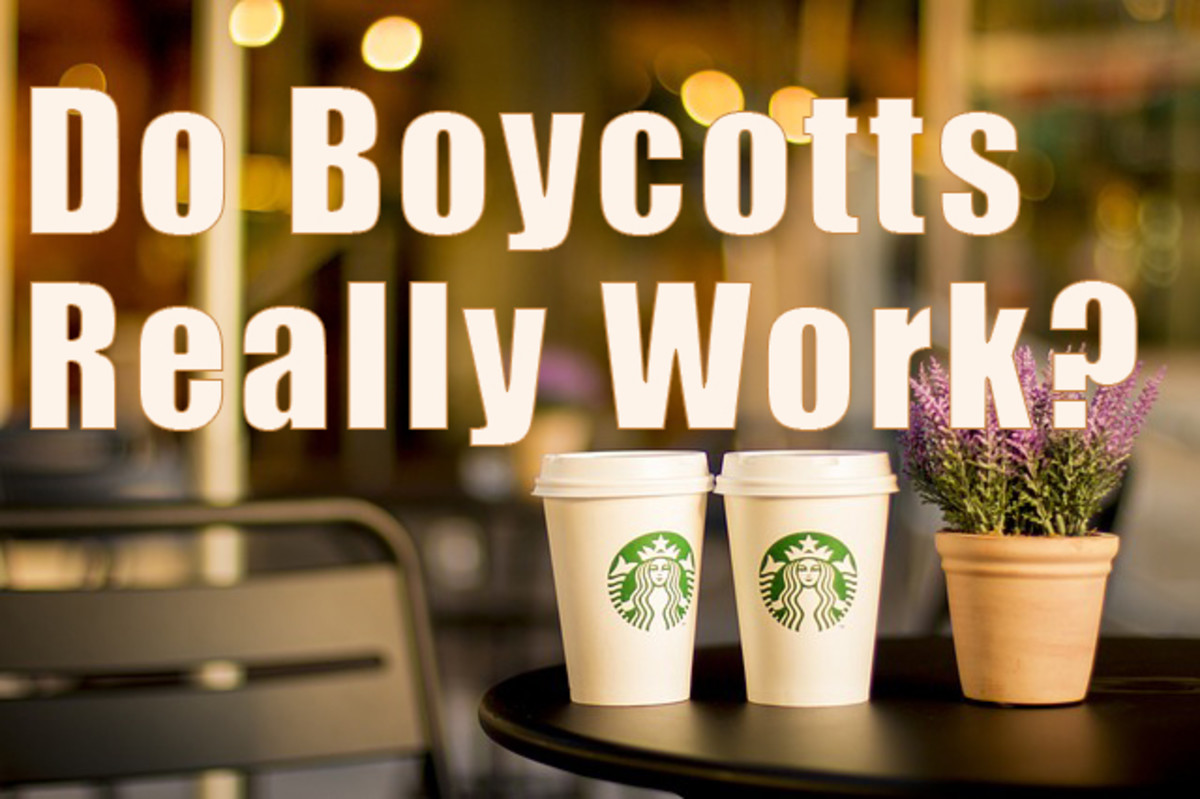Company Accountability and Consumer Power

The news cycle is constantly reporting on different companies and their corrupt practices. Sometimes, these stories gain national attention. The public is extremely sensitive to this topic, thanks to the large government bailouts for business that knowingly swindled hard working people from their money. Then there are the companies that might not cheat the public out of their money, but go against the moral values of the consumers they are serving. Every news channel was covering Foxconn’s terrible treatment of workers and how Apple was involved. Earlier that same year, Victoria Secret was getting attention for its cotton coming from slave labor and before that it was Hershey Chocolate using child labor to harvest their cocoa. Blood diamonds are constantly going in and out of the news cycle. Inevitably the companies will deny having any previous knowledge of the situation and promise to do something about it. I am sure the majority of the company had no idea what was going on. However, I also believe that someone either knew what was happening or knew not to look too deep.
Here is the wonderful thing. When issues are brought to light, companies are forced to make a change. They know people will not pay for their products, if they are not socially responsible. Politicians will create laws and regulations to keep these problems from happen again. The key as consumers is to make sure we stay informed. We can do this by not only reading the news, but also helping spread the word. The more we push, the more transparent business will have to be. The more we understand as consumers, the more power we can wield with our money.
Rather than focus on the horrors happening in all these business, I want to focus on change that has been brought about by consumers speaking out and exposing the issues companies would rather keep hidden.
Burger King: There is still a long way to go when it comes to both the fast food and meat industry, but Burger King stopped using rainforest meat for their hamburgers thanks to the Rainforest Action Network’s boycott.
Fruit of the Loom: Due to a student boycott that was estimated to have cost the company $50 million, Fruit of the Loom re-opened a Honduran factory that had unionized. In addition to hiring back the fired employees and recognizing the union’s rights, they also gave $2.5 million in compensation.
Hershey Chocolate: After allegations of child labor being used for their production of cocoa, Hershey responded by pledging 10 million dollars to improve West Africa cocoa farming.
Home Depot: Back in 1999 Home Depot bowed to public pressure and agreed to stop selling wood made from endangered forests. Loew’s, Menard’s, Payless Cashways, Wickes Lumber and 84 Lumber followed their lead within a year.
Walmart: After a string of bad press concerning their employees, community impact and the environment Walmart has made environmental sustainability, community outreach and fair treatment of their employees a top priority.
Share Your Story...
Share your stories of how consumers have changed business policies.

